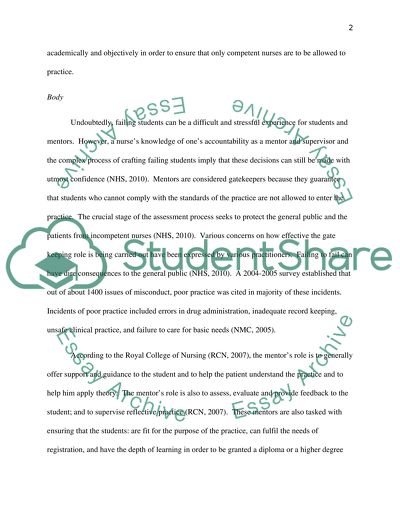Cite this document
(“The Management of a Student whose Standard of Practice is Cause for Essay”, n.d.)
Retrieved from https://studentshare.org/nursing/1399479-critically-explore-the-management-of-a-student
Retrieved from https://studentshare.org/nursing/1399479-critically-explore-the-management-of-a-student
(The Management of a Student Whose Standard of Practice Is Cause for Essay)
https://studentshare.org/nursing/1399479-critically-explore-the-management-of-a-student.
https://studentshare.org/nursing/1399479-critically-explore-the-management-of-a-student.
“The Management of a Student Whose Standard of Practice Is Cause for Essay”, n.d. https://studentshare.org/nursing/1399479-critically-explore-the-management-of-a-student.


